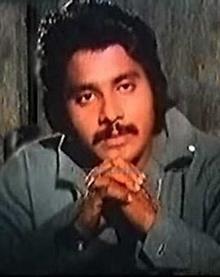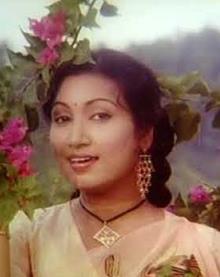Personal Details
| Nick Name / Other Name | |
| Born / Birth Date | Jan 12, 1951 |
| Age | 75 years, 0 months and 17 days |
| Birth Place | Panigaon, Lakhimpur district, Assam |
| Region | Lakhimpur district Assam India |
Filmography
All Cast

Sriman Maimon (1993)
- Feature
|

Mukuta (1970)
- Feature
|
Trivia
External Sites
You may also like
Suggestion for the content
We value your insights! Share your suggestions for webpage enhancements or content you'd like to see. Your feedback is crucial for our continuous improvement.
SuggestWill you Support Us
Dear visitors, if you find our website valuable, we kindly request your support through a donation. Our ongoing efforts to maintain the server have faced challenges due to the recent riots and conflicts in Manipur. Despite these hardships, we are dedicated to preserving a comprehensive database, spanning from the 1950s to the present digital era. Our goal is to promote movies, artists, shows, and various other aspects of culture and cinema in India's North East.
Your generous contribution would mean a lot to us and would greatly assist in sustaining and improving our services.
Click on the button or Payment PageNeed to edit or update this content?



